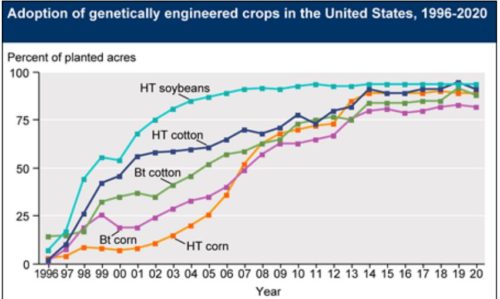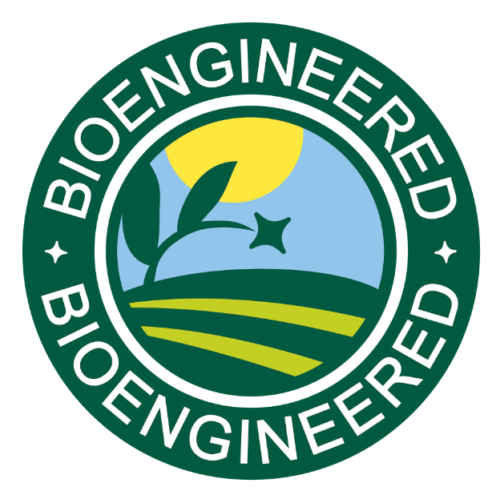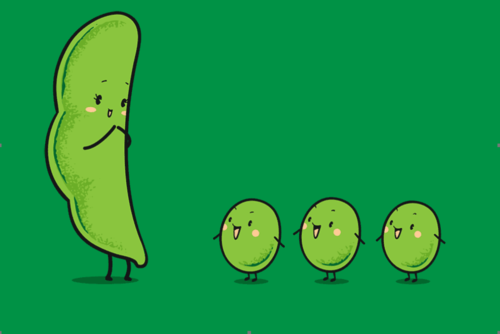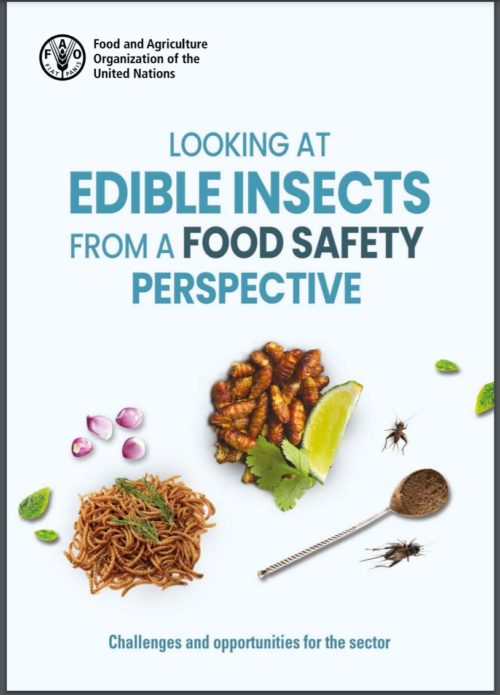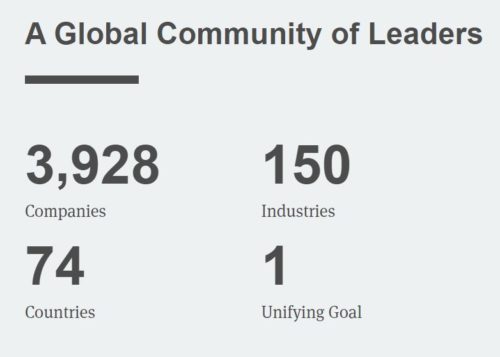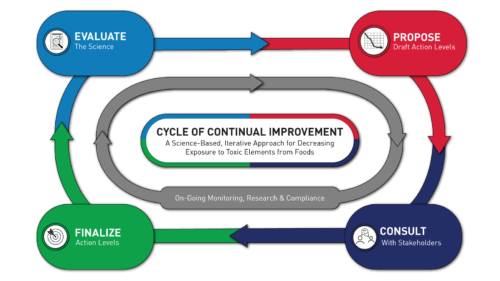The hidden secrets of juice drinks
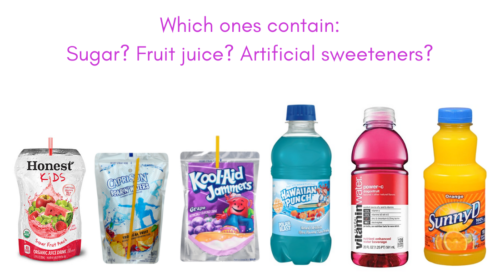
I saw this question on The Lunch Tray, Bettina Siegel’s column on Substack.
Turns out that lots of people have no idea what’s in these things.
That’s what my NYU colleague Jennifer Pomeranz and Jennifer Harris of the University of Connecticut’s Rudd Center found in their recent study, Misperceptions about added sugar, non-nutritive sweeteners and juice in popular children’s drinks: Experimental and cross-sectional study with U.S. parents of young children (1-5 years)
Their overall finding: Most parents in their survey did not know what was in these drinks.
- 62% could not identify most drinks that contained diet sweeteners, even when shown the information panel with nutrition and ingredient information.
- Parents overestimated the average percent juice content in sugar-sweetened drinks, believing that these drinks contained 22% juice, when they actually contained 3% juice on average.
- Even with the nutrition information and ingredient list on the information panel, 53% incorrectly believed that unsweetened 100% juice and/or juice/water blends contained added sugar.
- Parents were more likely to believe that statements of identity with the words “natural” and “water beverage” meant the drink did not contain added sugar or diet sweeteners and did contain juice, although they are commonly used on children’s flavored water drinks that contain added sugar, diet sweeteners, and no juice.
These drinks are confusing (deliberately, I’m guessing) and it’s understandable why their contents are obscure.
The authors recommendation is a good one, in my view.
Put on the front label of juice drinks:
- Added sugars (this is currently buried in the Nutrition Facts label)
- Diet sweeteners
- Juice content

